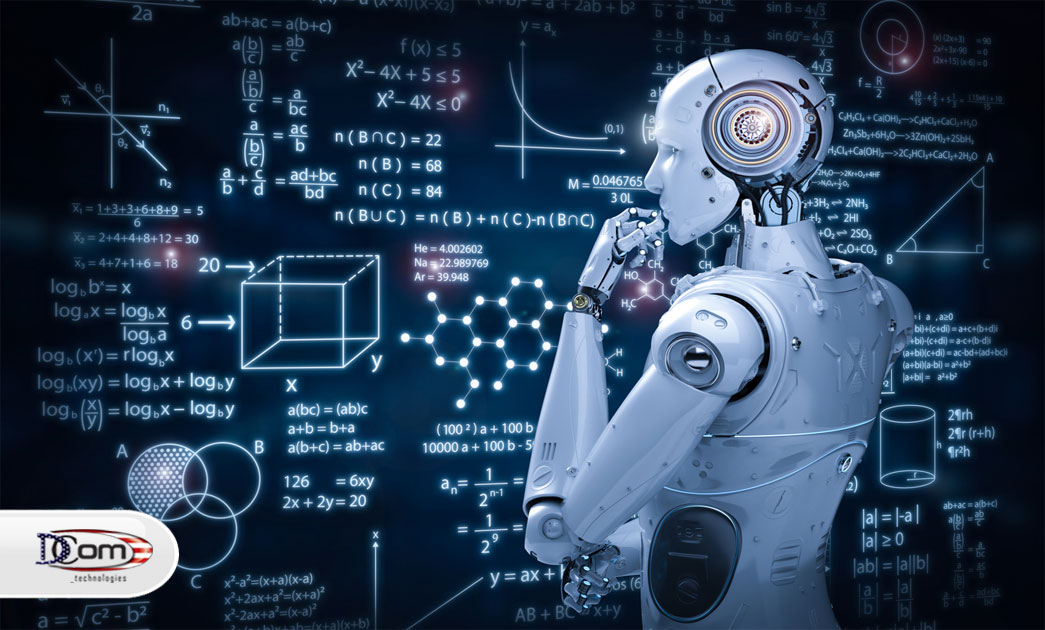Overview:
Artificial Intelligence (AI) and Machine Learning (ML) are revolutionizing various industries, including software development. With AI and ML, developers can streamline processes, improve productivity, and create innovative software solutions.
Here are some following ways AI and ML are being leveraged in software development:
1. Code Generation:
AI and ML can automatically generate code, reducing the time and effort required for manual coding.
2. Bug Detection and Prediction:
By analysing patterns in code, AI and ML algorithms can detect and predict bugs, improving the softwares stability.
3. Code Optimization:
AI and ML techniques can optimize code by identifying and suggesting improvements, resulting in better performing software.
4. Automated Testing:
AI and ML can automate the testing process, allowing developers to identify bugs, vulnerabilities, and performance issues more efficiently.
5. Natural Language Processing (NLP):
AI-powered NLP techniques enable software to understand human language, facilitating interactions and improving user experience.
6. Predictive Analytics:
AI and ML algorithms can analyse user behaviour and data patterns to make predictions, enabling software to personalize recommendations and experiences.
7. Automated Requirements Analysis:
AI and ML can analyse user requirements, identify potential conflicts or missing information, and suggest improvements.
8. Automated Documentation:
AI and ML can generate documentation based on the code and its structure, reducing the time and effort required for manual documentation.
9. Intelligent Debugging:
AI and ML algorithms can analyse code, identify errors, and suggest solutions, making the debugging process more efficient.
10. Automated Deployment:
AI and ML can automate the deployment process, making it faster and more reliable, reducing the risk of errors and downtimes.
11. Data Analysis:
AI and ML can analyse large datasets, extract valuable insights, and provide actionable recommendations for software improvement.
12. Intelligent Virtual Assistants:
AI-powered virtual assistants can assist developers by providing information, answering queries, and performing routine tasks, improving productivity.
13. Anomaly Detection:
AI and ML techniques can detect anomalies in software behaviour, allowing developers to identify security threats or performance issues.
14. Intelligent Error Handling:
AI and ML algorithms can analyse error patterns, predict potential issues, and suggest appropriate error handling strategies.
15. Continuous Integration and Continuous Deployment (CI/CD):
AI and ML techniques can automate CI/CD pipelines, ensuring faster and more reliable software delivery.
Conclusion:
The Integration of Artificial Intelligence and Machine Learning in software development opens up numerous possibilities to improve processes, enhance productivity, and create innovative software solutions. With AI and ML, developers can automate code generation, detect and predict bugs, optimize code, automate testing and deployment processes, analyse user behaviour for predictive analytics, automate requirements analysis and documentation, facilitate natural language processing, provide intelligent debugging and error handling, detect anomalies, implement intelligent virtual assistants, and automate continuous integration and deployment. These applications of AI and ML have the potential to transform the software development industry, leading to more efficient, secure, and advanced software solutions.










